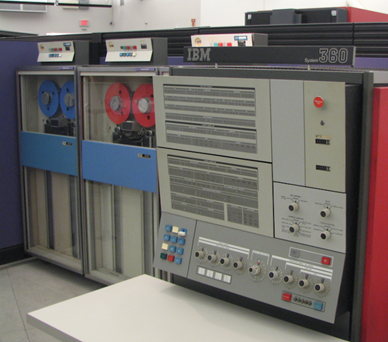Tuesday’s ILTA Sessions – eDiscovery Trends
Tuesday’s ILTA Sessions – eDiscovery Trends https://cloudnine.com/wp-content/themes/cloudnine/images/empty/thumbnail.jpg 150 150 CloudNine https://cloudnine.com/wp-content/themes/cloudnine/images/empty/thumbnail.jpg
As noted yesterday, the International Legal Technology Association (ILTA) annual educational conference of 2014 is happening this week and eDiscoveryDaily will be reporting this week about the latest eDiscovery trends being discussed at the show. There’s still time to check out the show if you’re in the Nashville area with a number of sessions available and over 190(!) exhibitors providing information on their products and services.
read more





